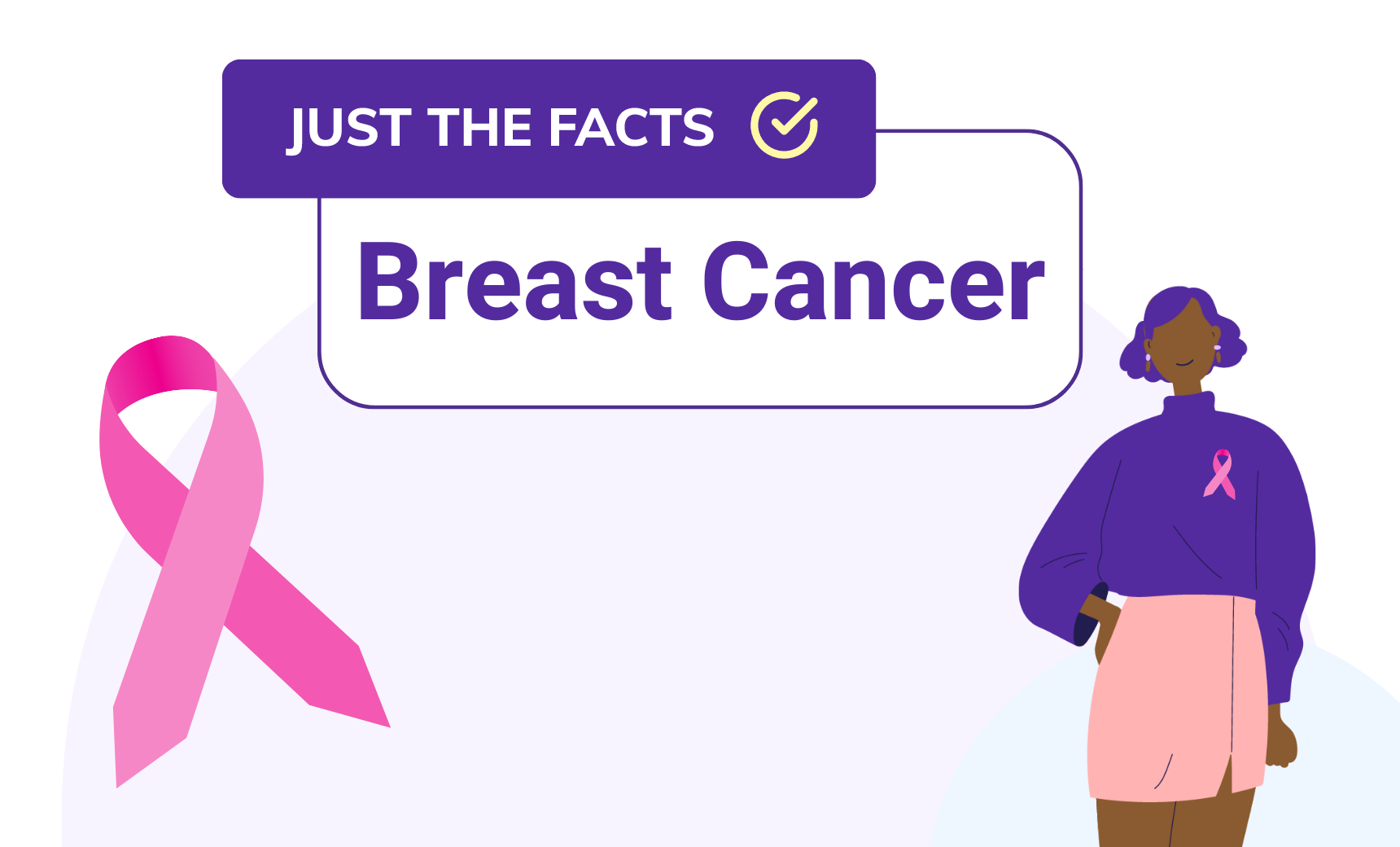Identifying Chronic Fatigue
Do you experience difficulty sleeping, loss of memory, and even physical symptoms that are hard to place or connect to a known illness, such as a sore throat or muscle aches and pains? If you have any of these symptoms, feel exhausted on a frequent basis, and have trouble sleeping or experience extreme exhaustion, you may want to consider whether you have chronic fatigue. The CDC describes chronic fatigue as “a debilitating and complex disorder characterized by profound fatigue that is not improved by bed rest and that may be worsened by physical or mental activity.” Reportedly about 2.5% of the population experiences chronic fatigue.
There are 8 official symptoms of chronic fatigue according to the Mayo Clinic website, which include: fatigue; loss of memory or concentration; sore throat; enlarged lymph nodes in your neck or armpits; unexplained muscle pain; pain that moves from one joint to another without swelling or redness; headache of a new type, pattern or severity; dissatisfying sleep; and extreme exhaustion lasting more than 24 hours after physical or mental exercise. In cases of chronic fatigue these symptoms generally last for at least 6 months. As the name suggests, these symptoms are chronic, or consistent enough to continually interrupt your day-to-day personal and professional life and really interfere with your quality of living. Unfortunately, these symptoms are also frequently associated with two very common health ailments—extreme stress and the common cold—often causing chronic fatigue to be misdiagnosed, or entirely undiagnosed in 80% of people who have it, which contributes to people not getting the treatment they need.
 Fatigue itself can be a symptom of many different illnesses, so if that is one symptom you are experiencing, it’s important to verify that it is in fact a result of chronic fatigue by taking a Fatigue Panel Blood Test. This panel involves a host of different tests which, as indicated on Web MD, includes a compete blood count (CBC) test (LINK to CBC Blog), an erythrocyte sedimentation rate (ESR), which determines whether you have inflammation by measuring how quickly your red blood cells settle in a test tube; a thyroid-stimulating hormone test which helps find potential problems with your thyroid gland; and both a chemistry panel and urinalysis, both of which provide information about your overall general health.
Fatigue itself can be a symptom of many different illnesses, so if that is one symptom you are experiencing, it’s important to verify that it is in fact a result of chronic fatigue by taking a Fatigue Panel Blood Test. This panel involves a host of different tests which, as indicated on Web MD, includes a compete blood count (CBC) test (LINK to CBC Blog), an erythrocyte sedimentation rate (ESR), which determines whether you have inflammation by measuring how quickly your red blood cells settle in a test tube; a thyroid-stimulating hormone test which helps find potential problems with your thyroid gland; and both a chemistry panel and urinalysis, both of which provide information about your overall general health.
Whether or not you ultimately have chronic fatigue, a fatigue panel blood test can be useful in identifying other factors that might be causing some of the symptoms listed above, and give you a better indication of your overall well being. Remember, catching chronic fatigue disorder within in the first two years is key to being able to effectively address and eliminate the symptoms.
LabFinder is a no-cost, online platform for people to easily schedule their medical tests and view results securely. The LabFinder team is passionate about improving the ‘patient and doctor experience’ through better communication, reduce out-of-pocket expenses and making everyone know more about their own medical tests. The mission of LabFinder is simple: we want to be solution to you and get you the test results you deserve so you can make right choices about your health.






LabFinder Team
The LabFinder Editorial Team is behind The Illuminator and The Insider, LabFinder’s consumer and business blogs.
Dr.Robert Segal
Dr. Segal is CEO and co-founder of LabFinder, as well as a board-certified cardiologist. He began practicing medicine in 2002 and has founded several businesses, including Medical Offices of Manhattan and Manhattan Cardiology.